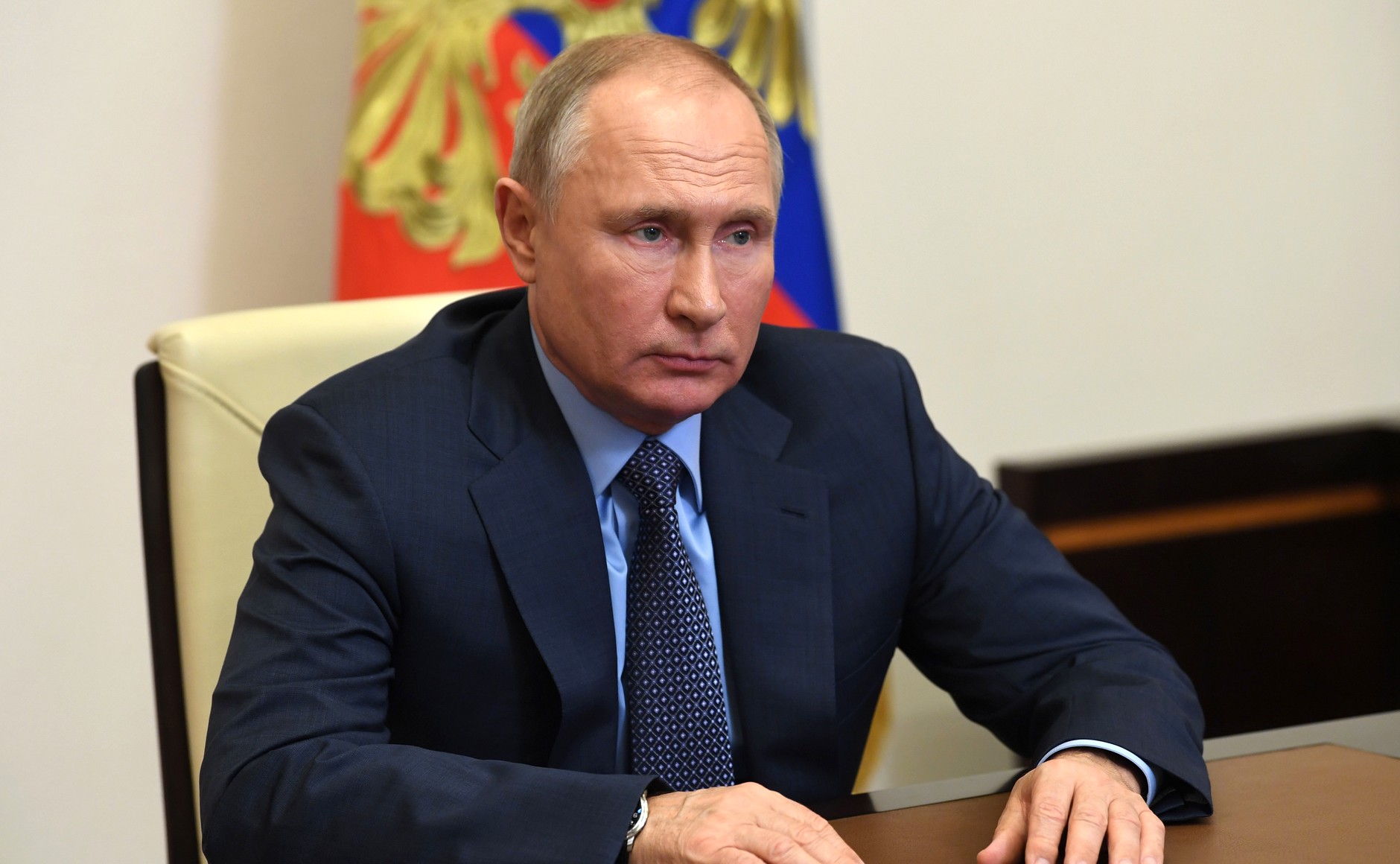US President Joe Biden said on Wednesday that he has transmitted to Congress the text of the proposed agreement to exchange nuclear submarine information between the United States, United Kingdom and Australia (AUKUS) and urged lawmakers to consider it favorably.
“I am pleased to transmit to the Congress… the text of an Agreement between the Government of the United States of America, the Government of Australia, and the Government of the United Kingdom of Great Britain and Northern Ireland (the ‘United Kingdom’) for the Exchange of Naval Nuclear Propulsion Information,” Biden said. “I have approved the agreement, authorized its execution, and urge that the Congress give it favorable consideration.”
The proposed deal sparked tensions between France and the AUKUS partners due to the canceling of the previously-existing agreement for Paris to supply Canberra with submarines. The countries’ leaderships have since dispelled the tensions in a series of diplomatic meetings.

Biden said the AUKUS governments are seeking to engage in an 18-month consultation period to seek an optimal pathway for delivery of nuclear-powered submarines to the Royal Australian Navy as soon as possible. The proposed agreement would allow the countries to exchange certain restricted info as may be needed, he added.
Russia Reacts
Meanwhile, Russia is in no hurry to draw a conclusion regarding the Australia-United States-United Kingdom (AUKUS) partnership, but is concerned that a challenge to nuclear nonproliferation has been thrown in, Mikhail Ulyanov, Russia’s permanent representative to international organizations in Vienna, said on Wednesday.
Ulyanov said that the international community needs to understand how the creation of AUKUS relates to Australia’s commitments to the South Pacific Nuclear-Weapon-Free Zone.
“So far we do not have this clarity. We do not seek to stigmatize anyone without understanding it. We want to get more clarity, more information, and then we will draw our conclusions. And our position will probably evolve as more information is received,” Ulyanov said.

Ulyanov pointed out the existence of certain risks and noted it is up to the AUKUS parties to dispel concerns by providing requisite information.
“When we receive it, we will judge,” he said. “We are not rushing to conclusions, yet we express serious concern: a certain nuclear non-proliferation regime has been challenged, and we need to make sure that it does not entail serious negative consequences. Information is needed for this. A certain precedent is being created. We are talking about a non-nuclear state.”




